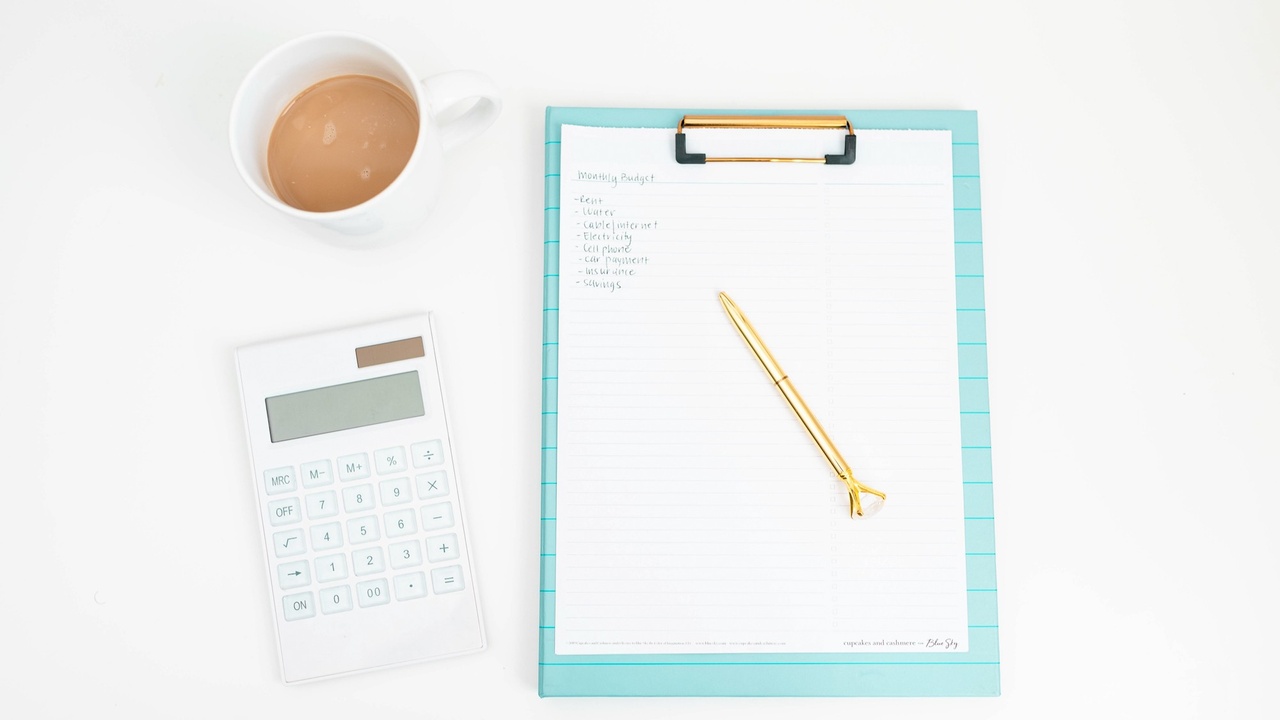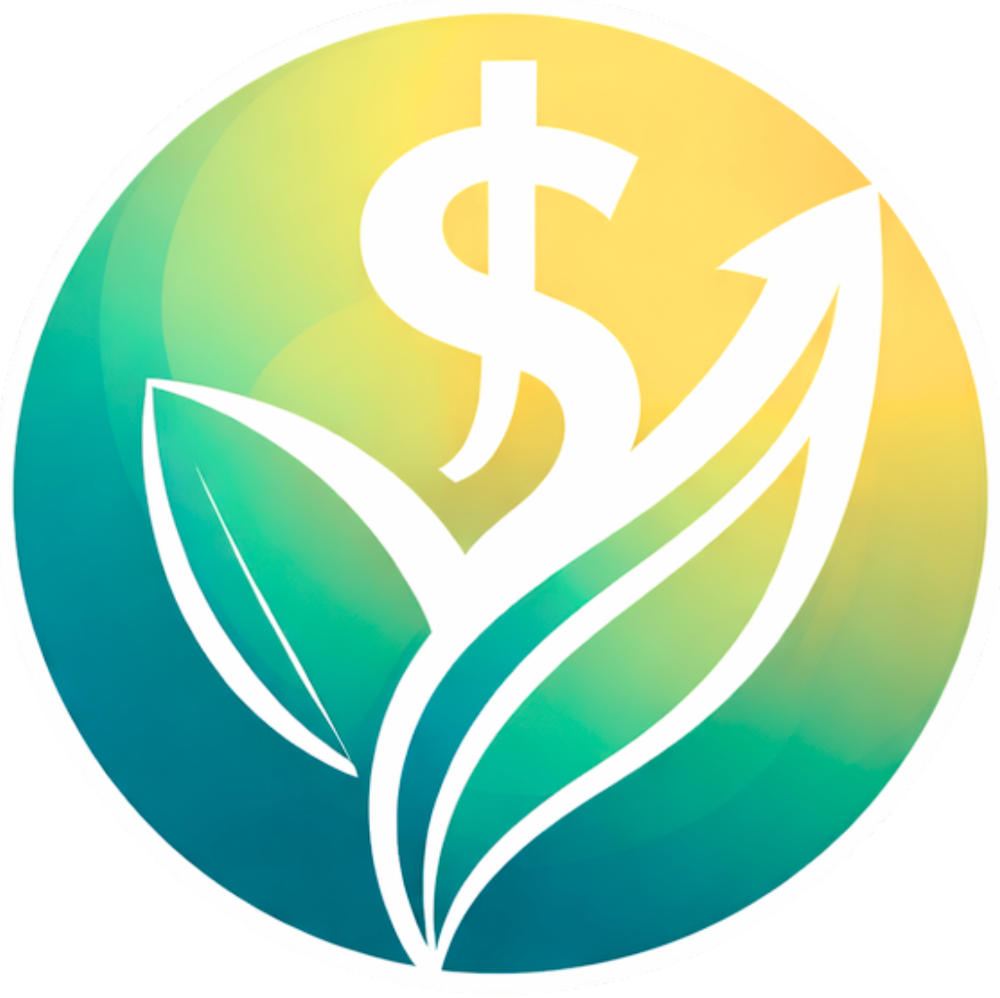
Debt and High Inflation: What You Should Know and Do
Apr 13, 2022We’ve all heard that inflation rates are at an all-time high. The Consumer Price Index in January 2022 reported that the year-over-year inflation increased to 7.5%, which is the highest inflation rate in 40 years. Economists predicted a 7.3% spike, and the reality has topped expectations.
Nobody knows how long this surge of inflation will last and how high prices can go. It seems that, if not managed right, America is about to repeat some of its past mistakes like in the 1970’s Great Inflation.
I sure hope not.
Like in the 1970’s we are beginning to see the Federal Reserve, aka The Fed, tackle inflation by raising interest rates more quickly. For average people, yup that means You and ME, this calls for better money management especially debt management.
Inflation Can BUT UNLIKELY to Help Borrowers
According to the latest Salary Budget Planning Survey, with over 1000 participants, 98% of companies all over the world will raise salaries. Among the respondents from the US, the average salary increase forecasted is 3.4%, which is the highest since 2008.
If salaries increase with inflation, and if the borrower owed the money before the inflation happened, the state of inflation can be beneficial to the borrower if the interest rates are locked. This is because the borrower owes the same amount of money, but if they have a wage increase, they’ll have more money to pay off the debt and can also use the excess money to pay off their debt earlier. However, again this only applies if you owed the money before the inflation happened and if there’s no rise in interest rates.
Although higher, still the rate of salary increase is not as high as inflation rates… so debt management is more than necessary.
Inflation and the Cost of Living
If prices continue to rise, so will the cost of living. Typically, inflation occurs every year, but only 2-3%, which does not feel as heavy when going to the gas station, purchasing groceries, or spending on something you probably don’t need from Amazon.
Now in this climate of rising inflation, our money is not going as far as it once did. As the cost of living grows, we will prioritize spending on mandatory and essential things like food, utilities, mortgage, or rent. If people need to spend more money to survive, they will have less money to fulfill their obligations, particularly if wages do not increase.
Inflation and Debt Management
With increasing prices and no increase in salary, we will naturally experience a reduction in the power of our earnings. This then means that people will need more time to pay off their debts and allows lenders to collect more interest for a longer period of time.
However, this whole situation may also lead to higher default rates. Defaulting is what you know as one’s failure to repay her debt, including the principal and the interest. We, most likely, won’t be able to continue saving up money for paying off debts, and some borrowers may just choose to default on their loans and other obligations.
But this is not the only way that inflation will hurt our pockets…
As mentioned, the Fed will continue attempting to control inflation by raising interest rates. This means that our interests are likely to go up for credit cards, and if interest rates increase on credit cards, that means less of your money is going towards the principal and you’ll accumulate more interest i.e. debt faster.
For all of us (educators, healthcare workers, engineers, corporate America, and entrepreneurs) this calls for a new debt management strategy.
Here are a few strategic moves you can do today!
- REALLY think about your purchases, not only your purchases but also how they will impact your debt.
- Be more mindful when using our credit cards and only charge things that you actually need.
- Put any extra money towards paying down your debt, yes even if it is just a few dollars
- Automate your minimum balances, we don’t want any additional fees to rob us of opportunities to pay off more debt.
If you need a strategy to help you pay down your debts, check out my free Debt Pay-off Checklist. It’s a workbook with everything you need to start paying off your debt today!
Need more than a workbook, no worries I got You! Enroll in my coaching program to learn more actionable, personalized strategies to improve your financial health.
Yes, that means paying down debt too!
Get Started Now!
Download my FREE Debt Pay-off Checklist and begin your journey to becoming debt-free without sacrificing your JOY!
We respect your privacy. unsubscribe at anytime.


